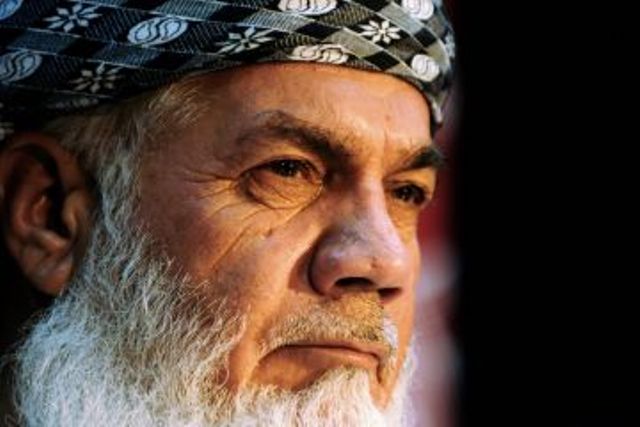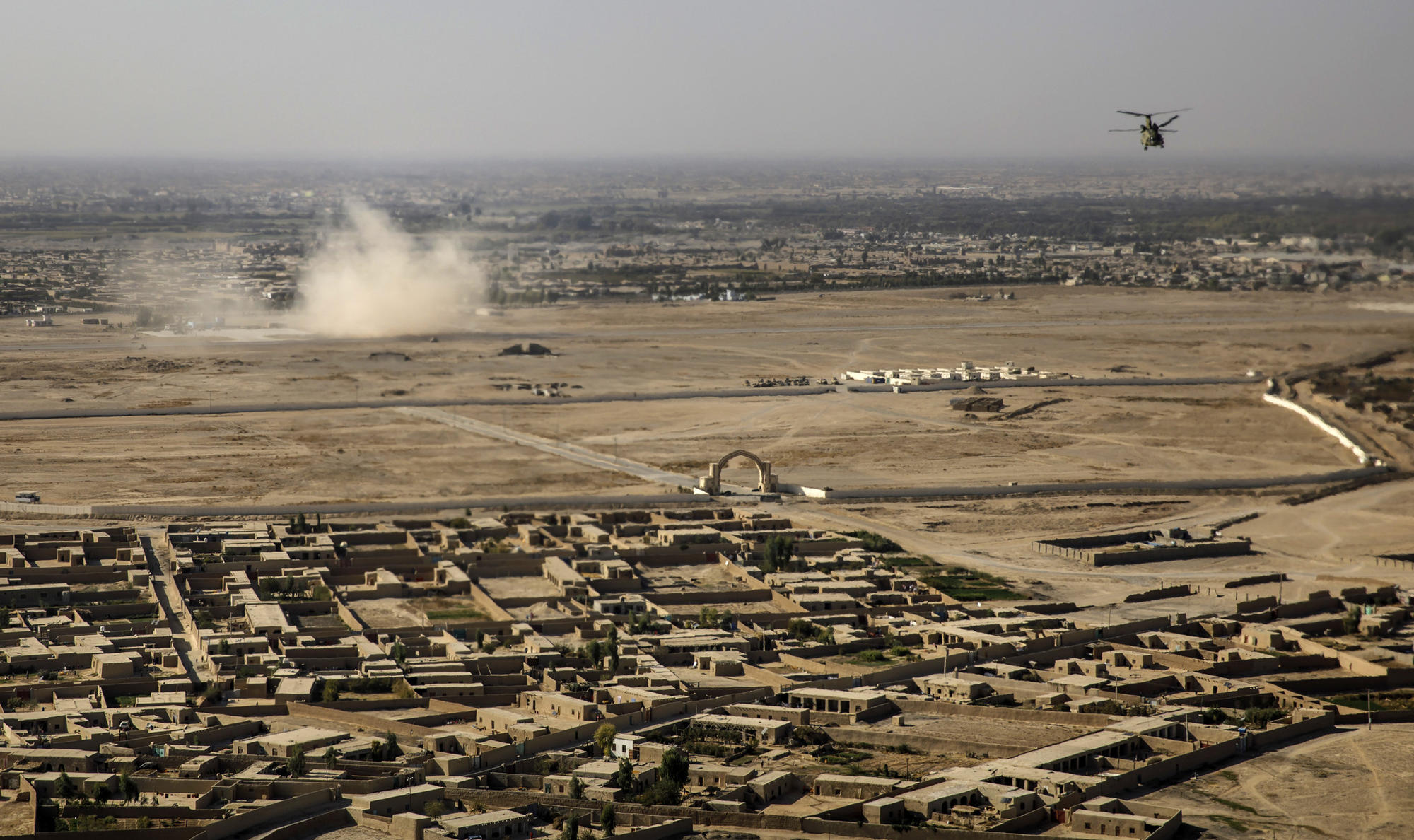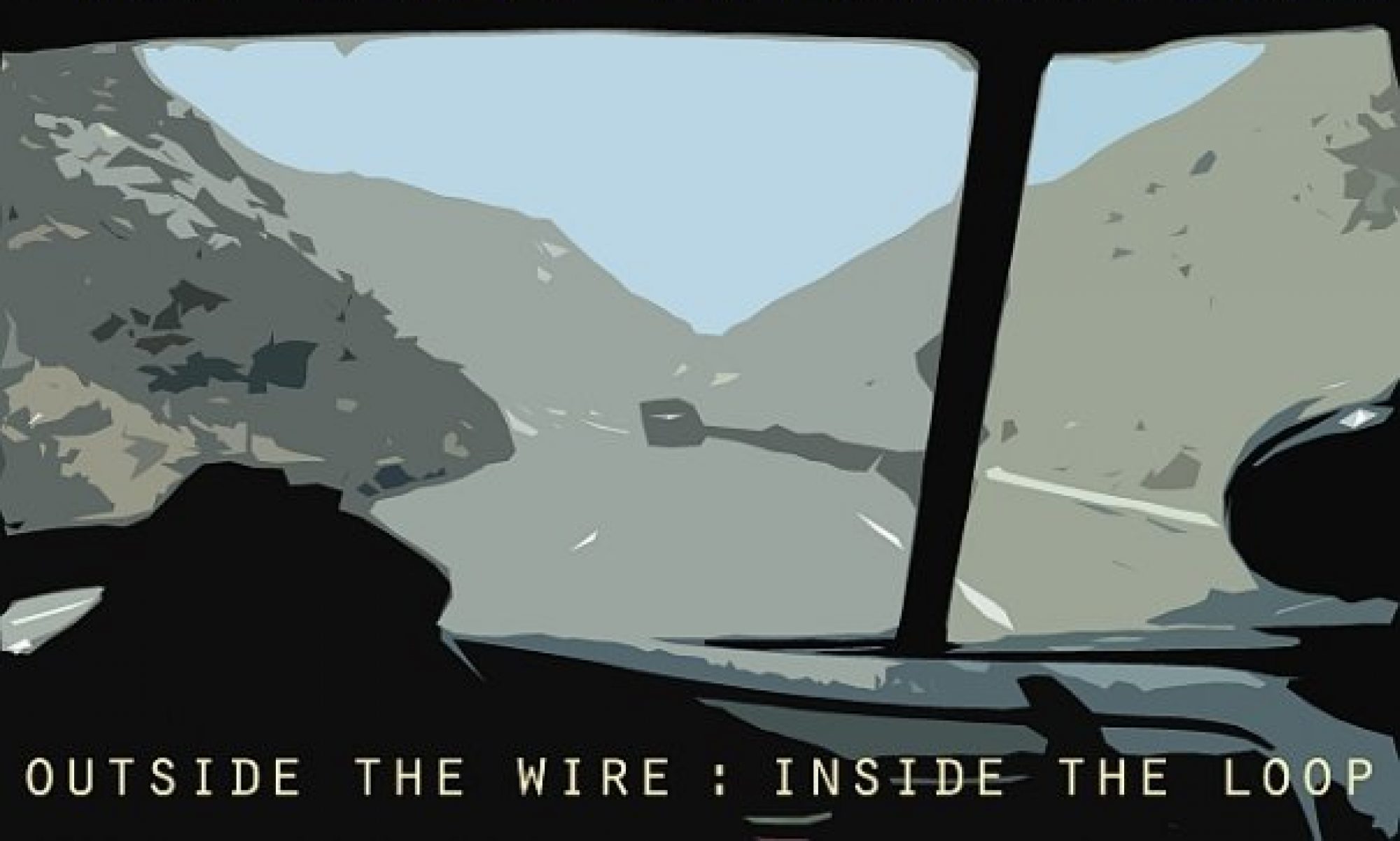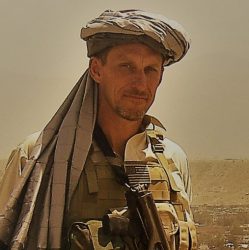This is the favorite FRI post of Afghans who stills read through this blog. It has aged well.
Panjwayi Tim sent an article the other day worthy of serious consideration at the State Department if it were capable of serious consideration. It outlines a way forward in Afghanistan that has the following advantages:
- It would work
- It would reduce the amount of future fighting and dying to near zero
- It costs the United States nothing
- It would allow us to bring all our deployed units home
- It would not benefit Iran or Pakistan
Because quantity has a quality all it’s own lets take a look at another plan for ending the fighting in Afghanistan and bringing our forces back home where they belong. I know I’ve posted a ton on this topic before but what the hell; I’ve got nothing better to do.
The article was an interview with former Afghan warlord Ismail Khan and he states an obvious truth; even centuries of foreign presence cannot fix Afghanistan.
“The Americans should leave,” Khan said. “There can only be peace and security in Afghanistan if there is a just government in place that is backed by the majority of the people and is chosen through elections or a loya jirga (national council). It cannot be reliant on a foreign military.”
…He said foreign forces, which he described as “girls,” had failed in their fight against the Taliban.
I have written before about how the Afghan war will end and that will be when the people present a united front against the current belligerents. Historically this has been done when a militia or groupings of militia’s gain the peoples support. That is how the Taliban took control of most of the country back in the 90’s.
Ismail Khan is the one mujaheddin commander still standing who could build a coalition of Muj commanders, force an “understanding” on the Taliban, and win the support of the population. He is ready to re-mobilize his militia if given a green light from Kabul and if he can get the majority of his fellow mujaheddin commanders to do the same there is no question it would work.
Ismail Khan fought the Soviets, fought the Taliban, fought General Dostum who fought for and against both the Soviets and the Taliban and has never had allegations of human rights abuse directed at him. He is a Tajik and the former governor of Herat province who is highly regarded in Western Afghanistan, an area from which 90% of Afghanistan’s saffron crop originates. Saffron makes farmers a ton more money than opium which is why I mention it. He would need to incorporate the current Afghan National Security Forces (ANSF) and central government into the effort but that is not a hard job for prominent warlords; they have thousands of years tradition and a lifetime of experience on their side.
If the Afghans could figure out a way to link his militia to the Afghan Army and use them as auxiliaries they could probably clean up the Helmand province in a few months. Not because Ismail Khan’s militia is proficient but because Ismail Khan knows how to use the ulema (the body of Mullahs who are the interpreters of Islam’s doctrines and laws and the chief guarantors of continuity in Afghan communities) to reach the people. He carries series weight with the Afghan people and the people and the ulema are the only entities that can force peace in Afghanistan. In the context of ending the current war with the Taliban the Afghan military and central government are irrelevant.

The Marines in Helmand are winding down their tour and are a bright spot of good news for our military efforts in Afghanistan. Good news because they have taken no casualties while accomplishing the mission they were assigned. The LA Times ran a good story on them last Saturday; an incident described in that article is a perfect example with which to compare and contrast what would work against what is not going to work.
From the LA Times story linked above:
One recent morning, two convoys of Afghan security forces traveling south toward Lashkar Gah came under fire from a house inside the village of Malgir. Inside a windowless, high-ceilinged room at an operations center near Shorab, Marines, Afghan officers, and American civilian contractors watched footage from a U.S.-made ScanEagle drone hovering above the village.
Once Afghan troops in the area determined the shooters’ location and that there were no civilians nearby, officers in the control room requested airstrikes, which were carried out by U.S. Apache helicopters. One of the shooters was killed, two were wounded and two escaped, said Afghan army Maj. Abdul Wakil.
All that technology, all those assets, all those people deployed at lord knows what cost to kill one guy shooting small arms at a convoy? You get that with our efforts in Afghanistan and it’s old news; let’s focus on the village and read between the lines of the story.
Malgir, the village where the Marines directed an air strike with army Apaches, is in Nad Ali district near Gereshk. The area around Malgir belongs mostly to the Barakai tribe (who for the most part are pro government) with significant areas of Ishaqzai/Poplazai (who are mostly pro Taliban) tribal dominance . There is a concentration of Shia Hazara peoples in the southern end of the district who seemed to be on the short end of the stick regardless who controls the area.
In 2009 the British launched an operation aimed at Malgir to clear out Taliban. The Taliban ‘moved in’ after the collapse of the Barakzai militia who had been running the place until 2008 when they stopped getting paid. The Barakzai had over-taxed non Barakzai locals in the area which probably had something to do with their getting their stipend from the provincial authorities cut off. There were three prominent Muj warlords in the area at that time, Haji Kadus (Barakzai/Shamezai tribe), Qari Hazrat (Ishaqzai tribe and local Taliban commander) and former provincial governor Sher Mohammad Akhundzdza (Alizai from Northern Helmand and at that time a Taliban commander).
Haji Kadus was a favorite of the American Special Forces having dime’d out all his local rivals as ‘Taliban’ (most weren’t) which had landed them in Gitmo. When the British started planning their operation Haji Kadus divided up Malgar with Qari Hazrat allowing him to protect his communities. As the operation unfolded the British made Haji Kadus a Major in the Afghan police and then maneuvered into the village of Haji Gul Ehkitar Kalay.
The British decided to establish a patrol base in the house of Haji Gul Ehkitar (the village was named after him) and negotiated a fair rent which was paid to Haji Gul’s nephew Sur Gul, who happened to be a Taliban commander. The only Taliban mahaz commander to fight the British was Sher Muhamad’s who had been cut out of the pre-invasion deal making. Haji Gul’s Taliban did not fight but he, reportedly, used the British Army rent money to buy IED’s which he turned against his renters. Haji Kadus, who knew what Haji Gul was up to, said nothing to the Brits. When the foreigners went home Haji Kadus was not going with them so he had to make accommodations that made sense in the long game. A smart Indian doesn’t crap in his own tepee.
This is all very complicated right? But here’s the point; Muj commanders like Ismal Khan know this history and know how to put minor Muj commanders on a short leash without much (if any fighting). Know who else knows this entire inter-tribal history inside and out? BGen Roger Turner, the commanding officer of TF Southwest. The British learned from their mistakes and developed a detailed order of battle with comprehensive dossiers on every player inside their former AOA (area of operations). They spent the time and money to fly to North Carolina to bring Roger Turner and his staff up to speed.
Here’s the point. The intricate knowledge of tribal dynamics is not knowledge Gen Turner and his Marines can act on in the context of their current mission. It is good that they know how things got to be the way they are but that hard won knowledge is meaningless to the Marines now. They are locked down on the bases focused on improving the performance of Afghan Security Forces.
Ismail Khan, on the other hand, can use this knowledge to sort out recalcitrant Muj commanders quickly. He can generate change to the local tribal dynamics in a manner that the change sticks. He would probably be able to do so without any serious fighting. If he had to fight he would incorporate local tribal fighters because that’s the way Afghans fight. Those tribes on his side would be rewarded, those against him punished, in both cases this would involved acquiring or losing land. Nothing else matters in the Helmand; land ownership and water rights are the only game that matters.

Getting the Department of State to understand that offers like the one made by Ismail Khan should be taken seriously is impossible. As Upton Sinclair famously said “it is difficult to get a man to understand something when his salary depends upon his not understanding it”. State Department mandarins are not salary motivated but they are power motivated and giving up power is anathema to them. That is a crying shame; we’re running out of time and are already out of money for further adventures in Afghanistan. We should be giving Ismail Khan a shot a solving the Afghan problem we created. It will cost us little and is the only route to peace available now.



Tim,
“When logic and proportion have fallen sloppy dead…and the white Knight is talking backwards…”
Do you think Gen Mattis or anyone on his staff has ever read this and considered it? Has he or anyone on his staff ever contacted you for your views?
One has to wonder what would have happened if Ahmad Shah Massoud had survived the assasination attempt in the early days when we might have listened to this sort of thing.
And this sort of thing is exactly what Marines would have done in another time and place. Co-opt locals to handle the internecine affairs.
SF